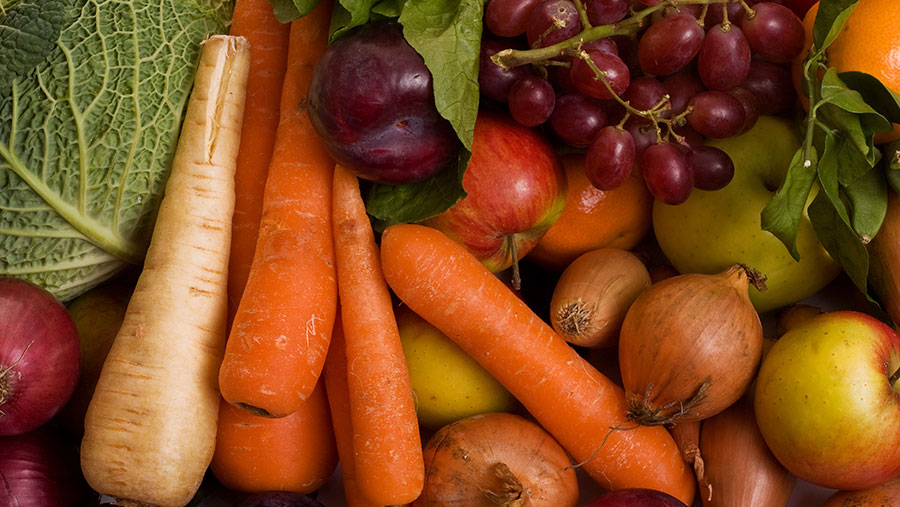FW Opinion: Farming must help educate consumers about food
 © Michael Spring/Adobe Stock
© Michael Spring/Adobe Stock How big a role should the government play in determining what we eat?
Why did you perhaps decide to have a bowl of cereal for breakfast, a supermarket meal deal for lunch and chicken tikka masala for tea?
Influencing these daily choices are flavour, price, availability, convenience, tradition, the season, the government, friends, family and many other factors.
Food is a huge part of our identity and the trends within choices we make as a society change all the time, with the effects rippling out into supermarkets, the food supply chain, farming and even the NHS.
At Cereals this week there was much talk of a lack of coherent farming policy, but we are also still waiting for a food policy from Defra, including a formal response to Henry Dimbleby’s ambitious white paper on the topic, which is expected (after many delays) by the end of this month.
See also: FW Opinion: Jubilee is a lesson in longevity for farming
Campaigners had been hoping there would be a major response to the climate and obesity crises – hopes that look set to be dashed amid the cost-of-living crisis.
Globally, it is estimated there are 1.9 billion people who are overweight or obese, while 850 million are chronically undernourished.
Yet while few will disagree with getting the right amount of food to as many people as possible, the battle about what food this should be is far from over.
Time and again at recent farming events I have heard the same worry: that the next generation of children and young people need educating about the value of home-grown food, of meat and dairy, of proper cooking, before it is too late.
As the excellent Irish academic Alice Stanton, a heart specialist, has repeatedly pointed out, there are major questions to be answered about the provenance of the much-touted claims that link red meat to disease burden.
Questions, it should be added, that the members of the scientific community who generated this information (apparently normally so open to rigorous scrutiny) are reluctant to answer.
Yet at other events with farming and environmental voices on the panel there are increasingly strident calls for a radical transformation in what the national diet should be made up of.
These are in pursuit of better health outcomes for people (crack down on processed food), or better food security (support for seasonality and localism), or environmental outcomes (less meat consumption to allow more land sparing).
Each one of us must ultimately take responsibility for whether we eat five portions of fruit and vegetables a day and follow all the other worthy advice
What proponents of these big demands fail to answer is how you shift people who are supposedly doing the wrong thing into this or that new mode of consumption.
Those who simply call for the brute force lever of taxation – such as was recently advocated for meat – run up against consumers furious at the state doing any more nannying of their lives.
This means the power still lies in the hands of the consumer on this one. We are still what we eat.
Each one of us must ultimately take responsibility for whether we eat five portions of fruit and vegetables a day and follow all the other worthy advice.
But an informed decision cannot be taken without being properly educated – and this is where farmers have it absolutely right.
The most important piece of any future food strategy must be an accurate and balanced education about where food comes from and what is good for you.
Once again, we owe a huge thank you to all the farmers gearing up to do just that at Open Farm Sunday this weekend. You do vital work.

